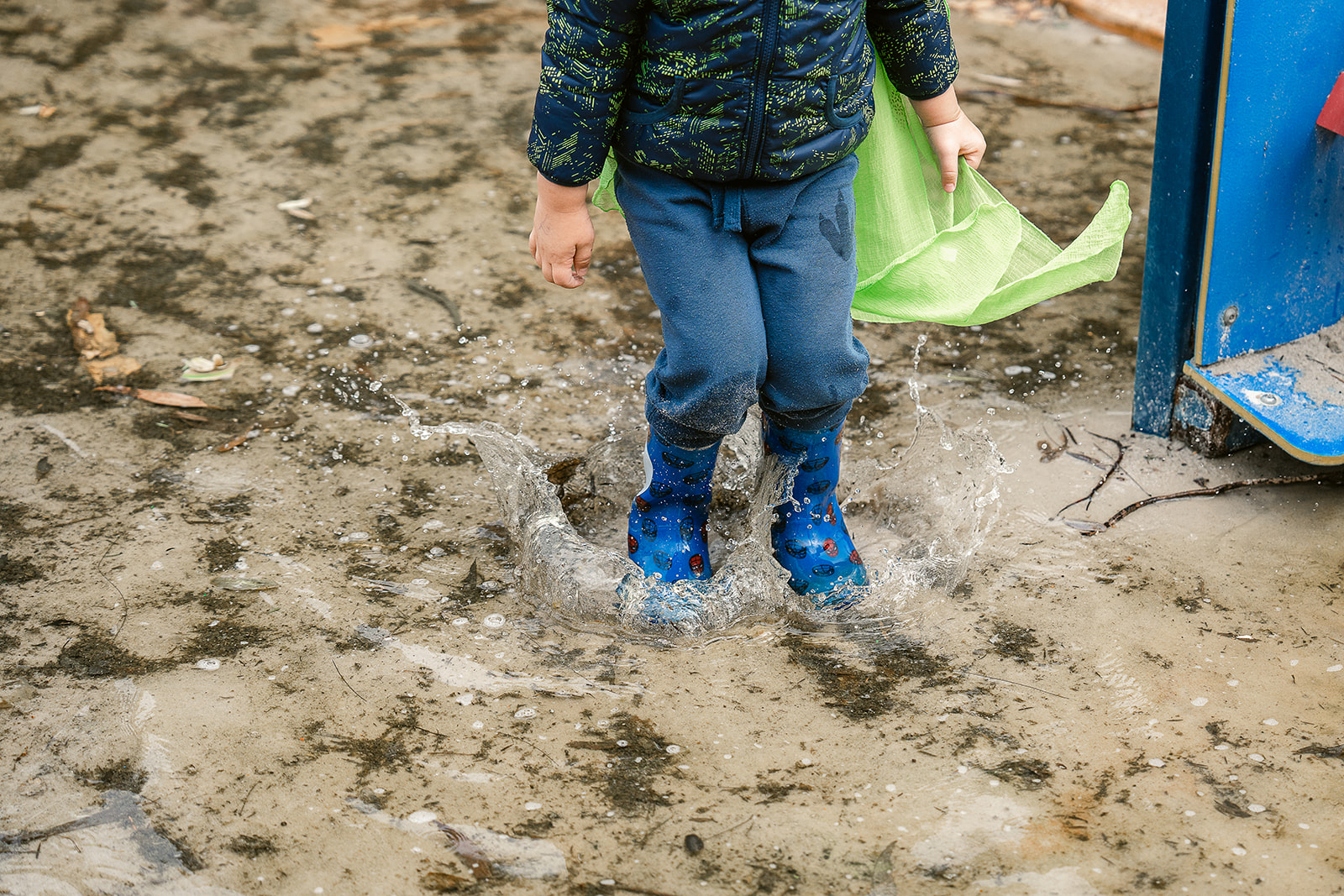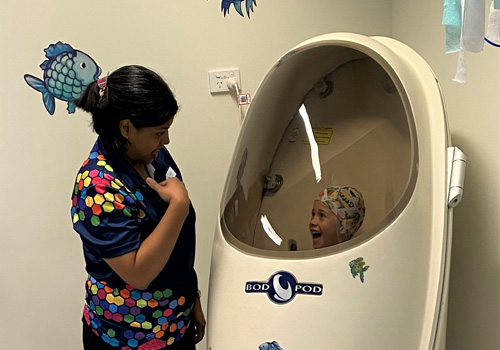Search
Research
Cause-Specific Secular Trends and Prevention Measures of Post-Neonatally Acquired Cerebral Palsy in Victoria and Western Australia 1975–2014: A Population-Based Observational StudyTo describe the timing and causes of post-neonatally acquired cerebral palsy (PNN-CP) and map the implementation of relevant preventive strategies against cause-specific temporal trends in prevalence.
Research
Invasive Fungal Disease in Immunocompromised Children: Current and Emerging TherapiesIn an era of expanding indications for iatrogenic immunosuppression, invasive fungal disease (IFD) remains a significant challenge in immunocompromised children, with case fatality rates ranging from 10 to 70%. Understanding of current recommendations and recent evidence is essential to guide optimal IFD management.
Research
CyberbullyingCyberbullying is a form of online harassment, where the bullying is carried out through the use of modern technology.
Research
Cohort profile: A population-based record linkage platform to address critical epidemiological evidence gaps in respiratory syncytial virus and other respiratory infectionsThe Western Australia (WA) Respiratory Infections Linked Data Platform is a population-based cohort established to investigate the epidemiology of RSV and other respiratory infections in children aged 0-10 years, incorporating microbiological testing patterns, hospital admissions, emergency department presentations, and socio-demographic data.

Interventions and explorations that focus on modifiable elements of the early life environment are being investigated, to assess and improve all aspects of physical and psychological wellbeing - both in childhood and in later life. These include nutrition, physical activity, time in nature, built environments, plastics and pollutants.
Research
Overlapping Streptococcus pyogenes and Streptococcus dysgalactiae subspecies equisimilis household transmission and mobile genetic element exchangeStreptococcus dysgalactiae subspecies equisimilis and Streptococcus pyogenes share skin and throat niches with extensive genomic homology and horizontal gene transfer possibly underlying shared disease phenotypes.

Tooth decay remains one of the most common diseases in young children. It can cause pain and infection and, if it remains untreated, can affect eating, speech, and sleep in children. Researchers are exploring the importance of early intervention and education for child dental health outcomes.

ORIGINS is collecting data from multiple sources from the mother, infant and partner at multiple timepoints from gestation through to five years of age.

One in three children in WA suffer iron deficiency leading to poor sleep, fussy eating, and behavioural difficulties. This project aims to develop mechanisms to prevent and treat the problems before they become clinically significant and translate findings to other communities to improve childhood wellness.

This study aims to examine how a Mediterranean diet and exercise in pregnancy impacts on neonatal body fat composition at birth and weight at one year of age.
